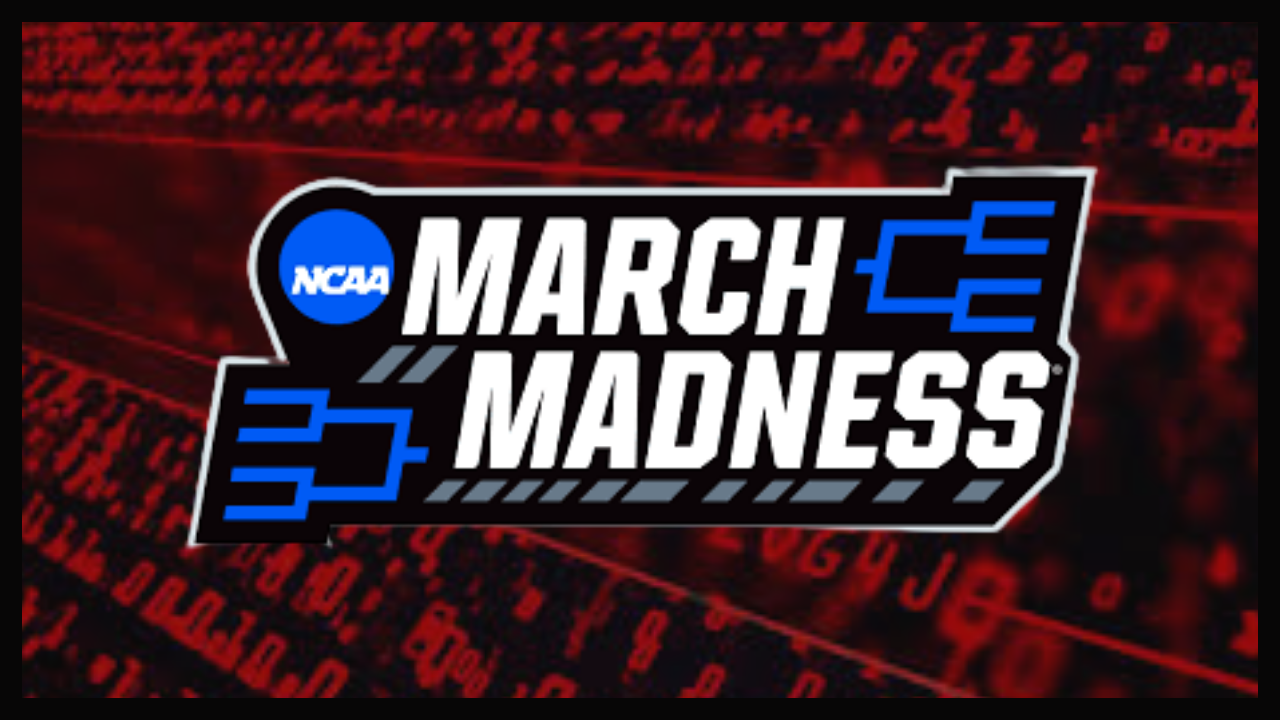Cybercriminals' Latest Target: March Madness
Mar 14, 2023
By: Omar Sickander & Zariah Williams
It’s that time of year once again when sports lovers settle in for a month of game-watching, bet-making, and trash-talking. This week kicks off the NCAA Basketball Tournament, also known as March Madness, where 68 men’s and women’s teams will compete in a single-elimination tournament. Excitement and anticipation are in the air as fans fill out brackets and cheer on their favorite teams.
However, March Madness is not just a time for basketball. Unfortunately, it is also a time for cybercriminals to target unsuspecting fans. When big sporting events occur, we are prepared to see increased security measures like more security checkpoints, massive security guards, and annoying ticket scanners that never work the first time. Online security does not get the same security enhancements. With so many people eager to follow the action online and a lack of security found on most sites, cybercriminals can use various tactics to steal personal information and commit fraud. This forces individuals to be both a spectator and a security guard.
Here are some common ways cybercriminals target March Madness fans and how you can stay safe online:
Phishing Scams
One of the most common ways cybercriminals target March Madness fans is through phishing scams. These scams usually involve sending fake emails or social media messages that appear to be from a legitimate source, such as the NCAA or a popular sports website. The message might ask you to click on a link to claim a prize or enter a contest, but the link will take you to a fake website designed to steal your personal information.
To avoid falling victim to phishing scams, always be cautious when clicking on links from unknown sources. Hover over the link to see if the URL matches the website you expect to be directed to, and never enter personal information unless you're certain the website is legitimate.
Fake Bracket Contests
Another common tactic used by cybercriminals during March Madness is the fake bracket contest. These contests might be advertised on social media or email, promising a chance to win big prizes for submitting your bracket. However, once you submit your information, cybercriminals can use it for identity theft or other fraudulent activities.
To avoid falling for a fake bracket contest, only participate in contests hosted by reputable sources, such as major sports websites or trusted social media accounts. Be wary of contests that require personal information beyond your name and email address, and never give out sensitive information like your Social Security number or credit card information.
Malware
Cybercriminals may also use malware to infect your device and steal personal information. This can happen when you click on a link or download a file that contains malicious code. During March Madness, cybercriminals might use the tournament as a theme for their malware, such as a fake March Madness bracket or celebrity picks for the tournament which is really just dressed-up malware.
To protect yourself from malware, always use antivirus software and keep your operating system and applications up to date with the latest security patches. Don't download files or click on links from unknown sources and be cautious when downloading anything related to March Madness.
Whether you enjoy basketball or any other sports, tournaments are an exciting time for fans. While security may not be at the forefront of your mind, it's important to stay vigilant regarding online safety. By being cautious when clicking on links, participating only in legitimate contests, and using antivirus software, you can protect yourself from cybercriminals and enjoy the tournament without any worries.
Don't miss a beat!
Get regular content, event updates, cybersecurity news and much more delivered straight to your inbox.
We hate SPAM. We will never sell your information, for any reason.

